Tell us a little about yourself: Who are you, where are you from, and how did you land in this role?
I’m the new Assistant Dean of Students and Director for Gender and Sexuality Campus Center (GSCC), formerly the LGBT Campus Center, at U.W.-Madison. I started in in January 2018. I’m a biracial, second-generation LGBT-identified (i.e. queer child of a lesbian), Wisconsin transplant who claims Richmond, Virginia (RVA) as home.
In Virginia, I attended a LGBT youth organization called ROSMY, now called Side by Side. As an undergrad at Virginia Commonwealth University, I attended student organization meetings held by the Sexual Minority Student Association. In these spaces, I cultivated mentor/mentee relationships as well as friendships with LGBT+ and allied folks.
I moved to Wisconsin in 2004 for job with Project Q, the Milwaukee LGBT Community Center’s youth program. While there I met many of my chosen family members, folks I consider siblings, as well as my spouse. After being at Project Q for four years doing program development and crisis case management, I left for the Program Coordinator/Assistant Director role with the LGBT Resource Center at the U.W.-Milwaukee. While there I also served on the board of the international not-for-profit membership organization called the Consortium of Higher Education LGBT Resource Professionals, primarily known simply as the Consortium. I have engaged in diversity and social justice educational work for 17 years. I believe my life, work, and educational experiences have prepared me to move into this role.
As an aside, three of the professionals I worked with and learned so much from while at Project Q also live in Madison. Moving to Madison has been like a family reunion for me.
What is it about this work that you love, and why do you think it’s important for both you and for the community it serves?
I am not inclined to use the word “love” when I think about the work. I approach it from another, still-familiar direction, and am far more likely to say I am moved or called to do this work. When I think about the volunteers at ROSMY and the professionals who showed up and/or intervened for me, as well as those who encouraged and mentored me; if I can be that person for others, I must.
As a second-generation queer-identified person (again, child of a lesbian), and in the family I have <sharp inhale> I recognize not all queer people grow up in appreciative environments. LGBTQ+ people are still marginalized—granted, not in identical ways—on national, state, and local levels. It’s important to address the ways in which being marginalized impacts LGBTQ+ peoples’ emotional, mental, physical, and spiritual wellbeing. It’s also important to create appreciative environments and/or experiences to foster resilient tendencies so they—we—can thrive.
What are some of the daily challenges you face in this line of work? How do you try to overcome/address them?
The challenges that come to mind manifest daily and on larger scales. An example of this is that change, even for the right reasons, is slow; bureaucracies do not move quickly. There are daily reminders and this truth impacts larger and/or long-term visioning. Yet another challenge that I encounter is two-fold: ignorance/misinformation and homogenizing TQBLG+ peoples. I believe these challenges are two sides of the same coin. Myths and misconceptions about folks in our communities abound and are perpetuated even when we seek to challenge or change them. There are times I believe I am reinforcing the ignorance as I aim to disrupt it.
Homogenizing is the way in which LGBTQ+ and non-LGBTQ+ people either do not recognize and honor the distinctions and cultures within our communities, or insist people should simplify their lives or identities to be “easily digested” by others. In my experience, this is typically hurled at community members that are asexual, bisexual, gender non-conforming, non-binary, polyam/open, queer, and trans.
I think about intervening at multiple levels: What I can do at the policy or cultural level to address these challenges, all the way to having one-on-one conversations with folks and using my personal story as a learning opportunity if applicable. I am tenacious and annoyingly optimistic, and I use these qualities to engage others. I also use humor to alleviate the frustration. I like to laugh a lot.
You work with a wide variety of students with, one can assume, as wide a variety of experiences and needs. How do you try to balance all of that? What do you get/learn from the students in return?
Yes, the students with whom I work directly and indirectly are complex beings. Much like the way in which all people are complex. I start there, and I do not lead the conversation with questions, for example. I operate from the position that the person is the expert on their experience and I have much to learn from them. I avoid saying things like, “I know what you’re talking about,” or “That happened to me, too,” so that I am not putting myself in the person’s story because that makes the interaction about me.
I get to learn so much about parts of the state, country, and world I have not visited, about identities and relationship configurations I have little to no knowledge of, and so on. The young adults with whom I work facilitate my connection to aspects of pop culture that I would be oblivious to if it were not for them. I especially appreciate them for giving me the synopsis of TV or book series I simply do not have time to read or watch. They share their lives: their joy, their pain, their wellbeing; they are authentically compassionate, angry, hilarious, and patient. I can learn from all the modeling they do.
How can folks support the work the Center does? What are some upcoming events you’re excited about?
Support: Attend events that are open to the public, promote or amplify programming in the community and via social media, and donate to the Scholarships or Crisis funds we have set up to support students.
Event: We have our annual Rainbow Graduation coming up on Wednesday, May 9 at 5:30 p.m., where we will be celebrating current and past U.W. graduates as well as honoring the campus contributions of a few community members. Find out more at lgbt.wisc.edu.

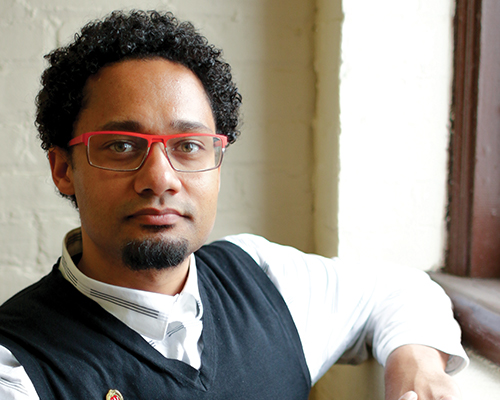


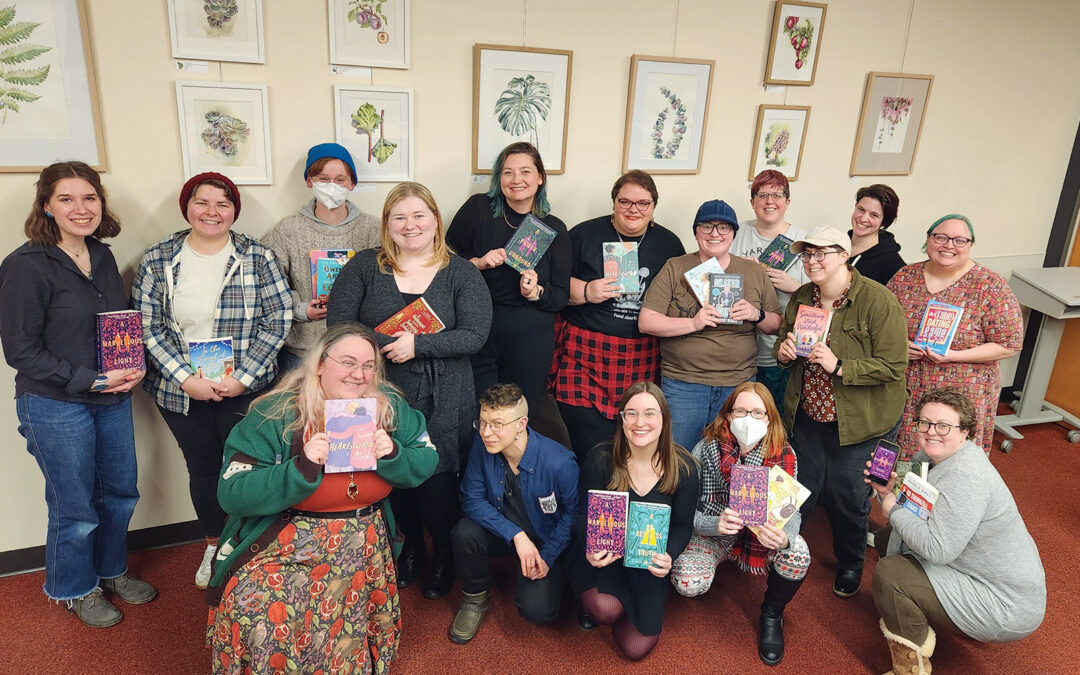
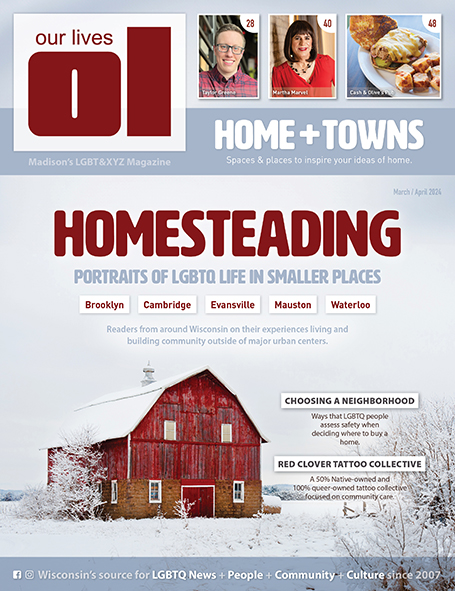
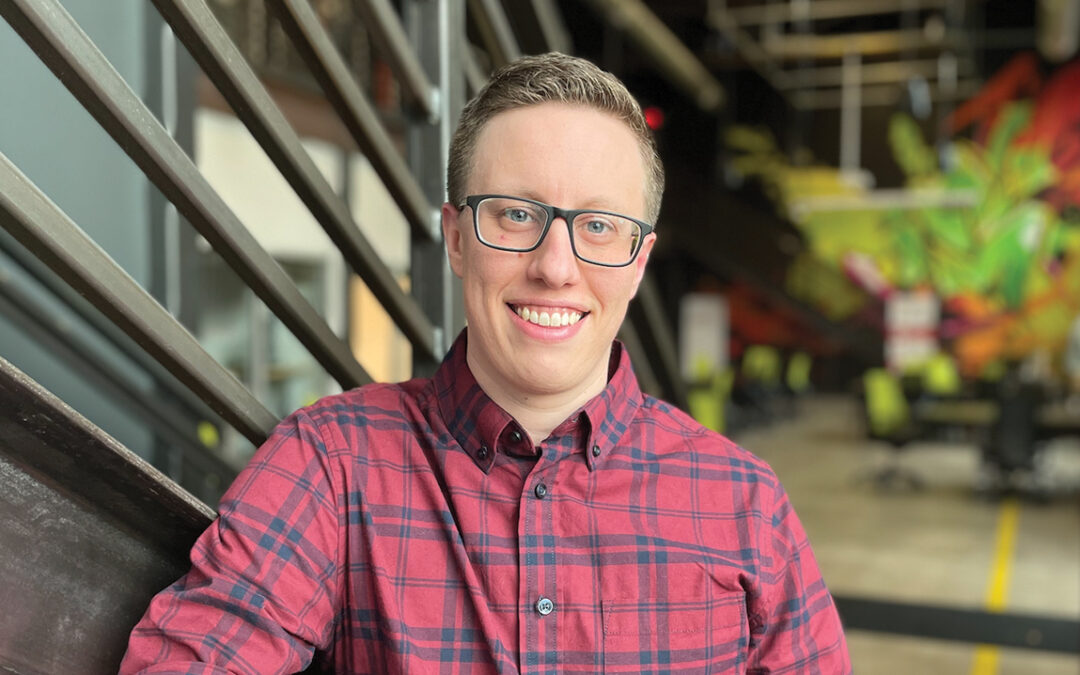
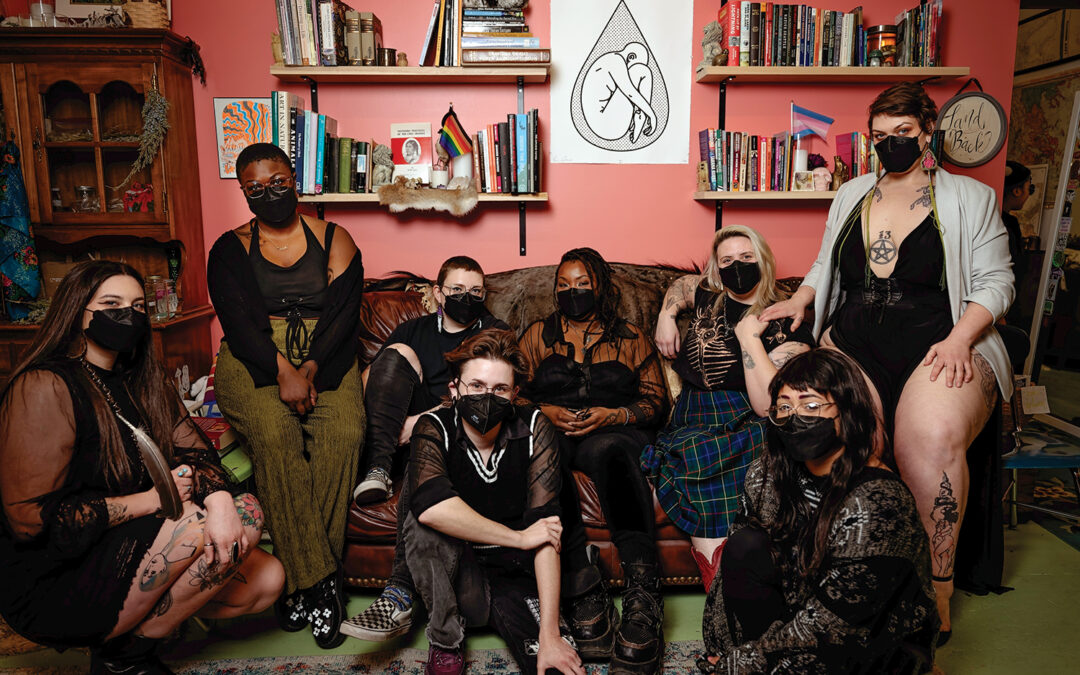
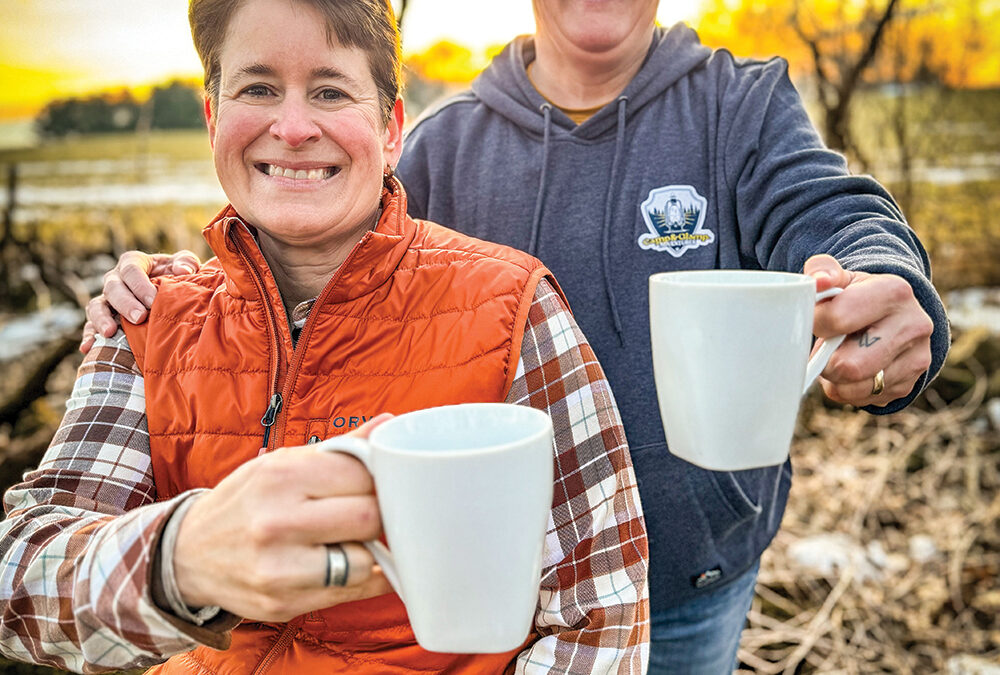
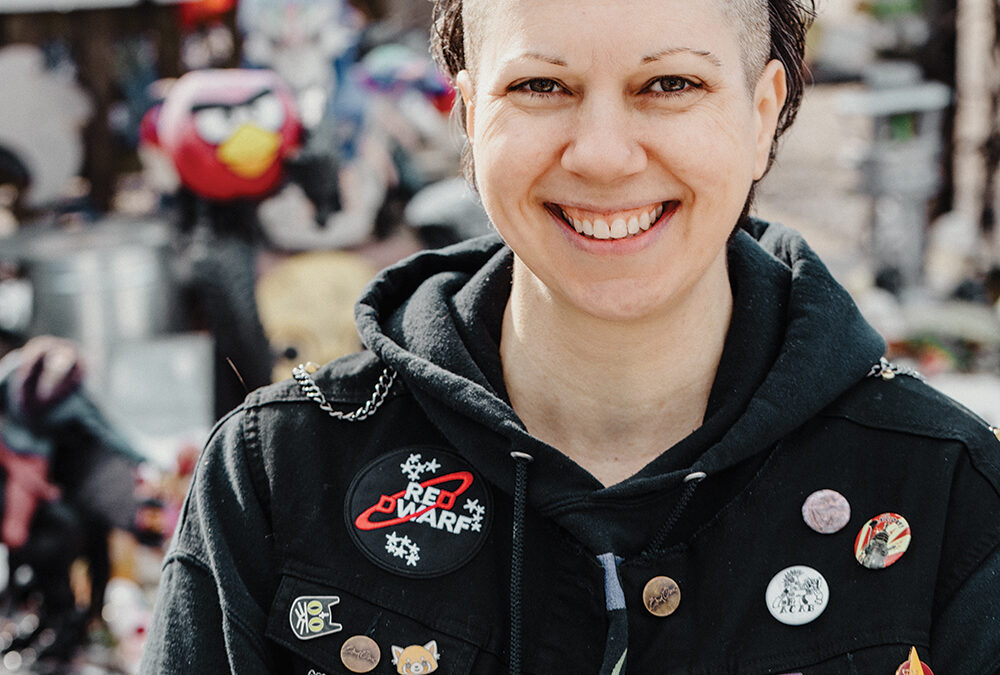
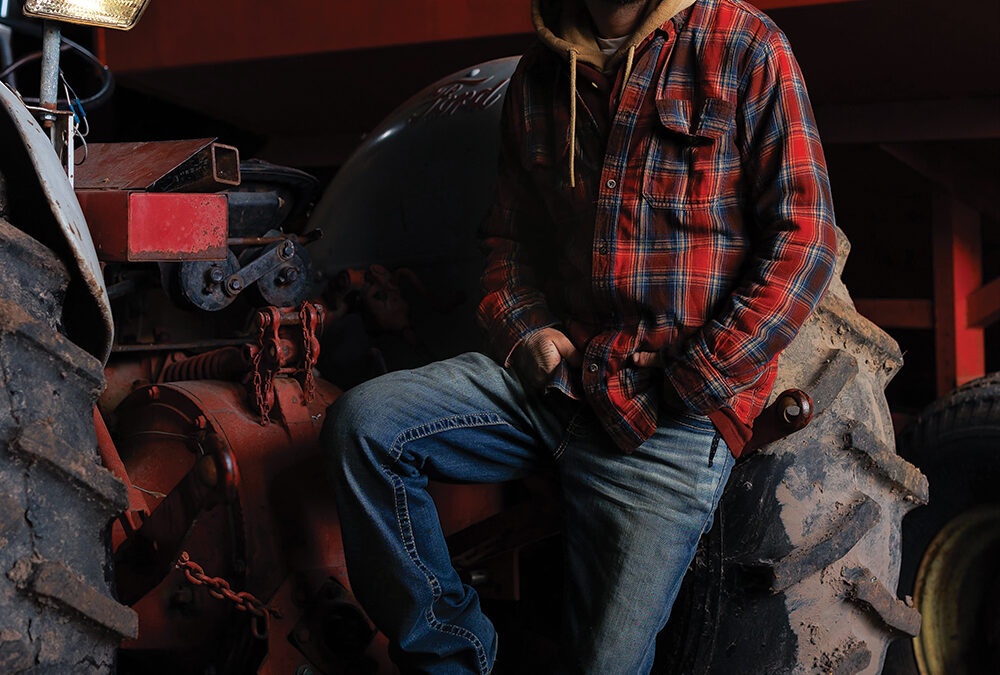
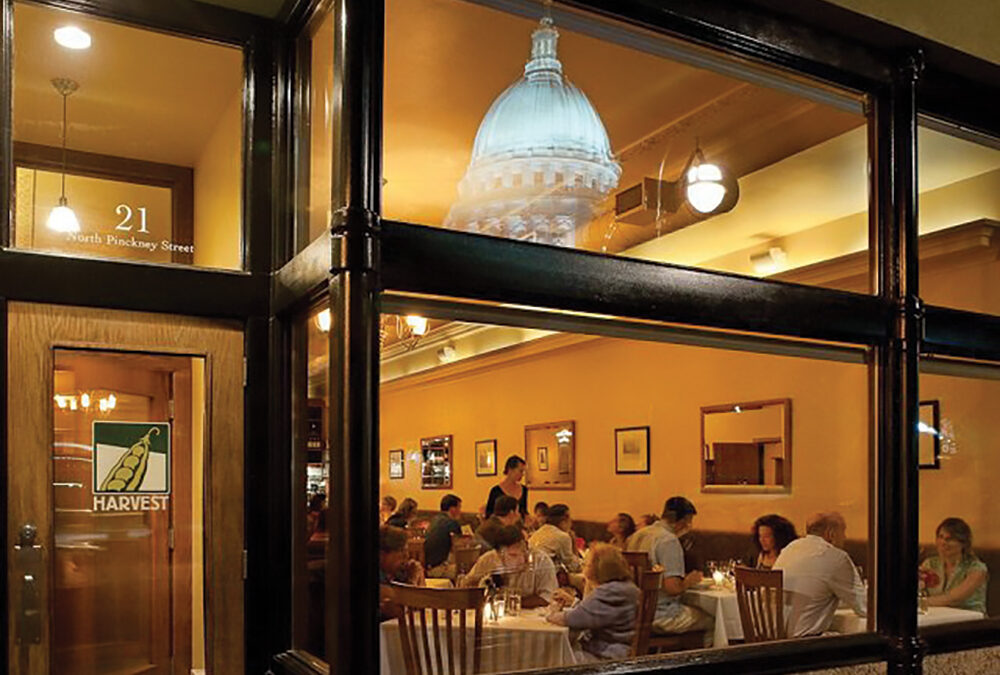
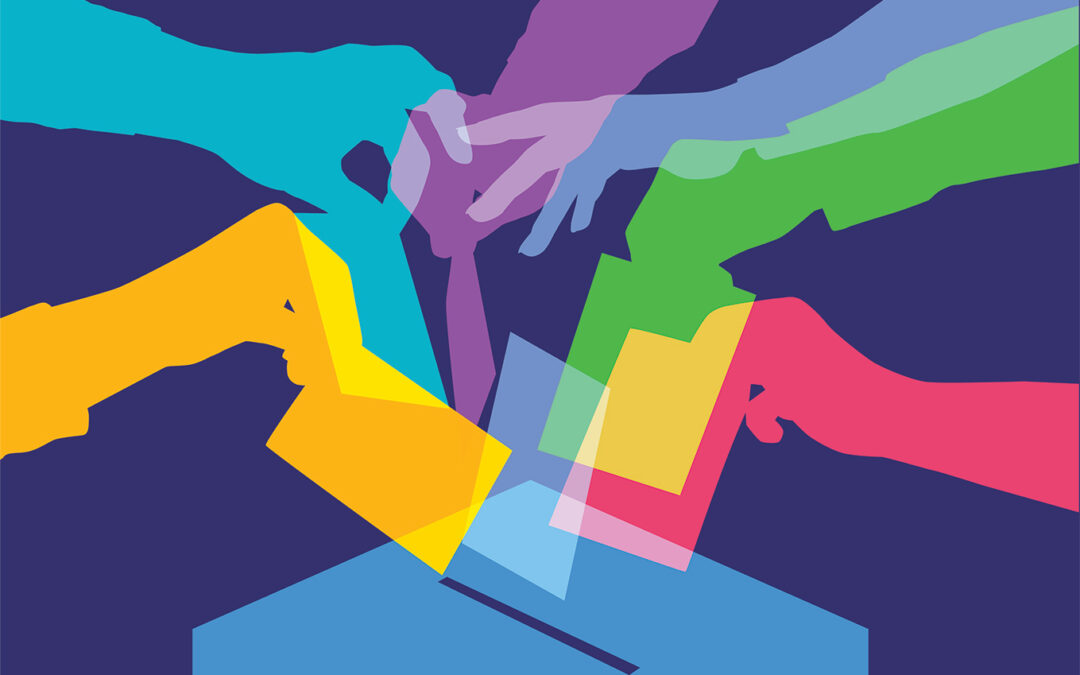
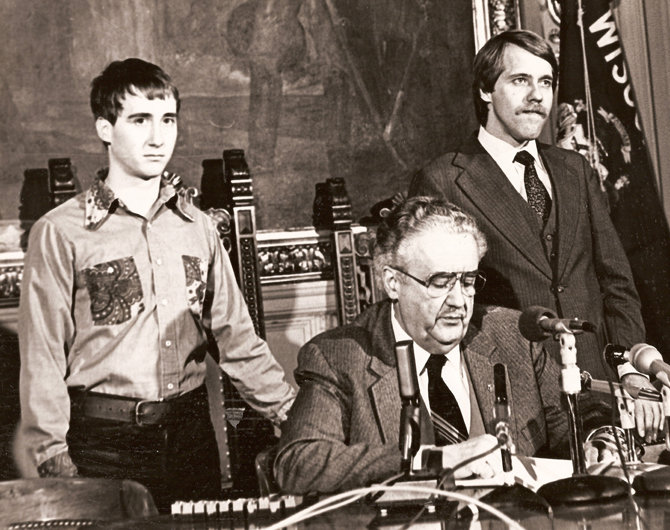










0 Comments